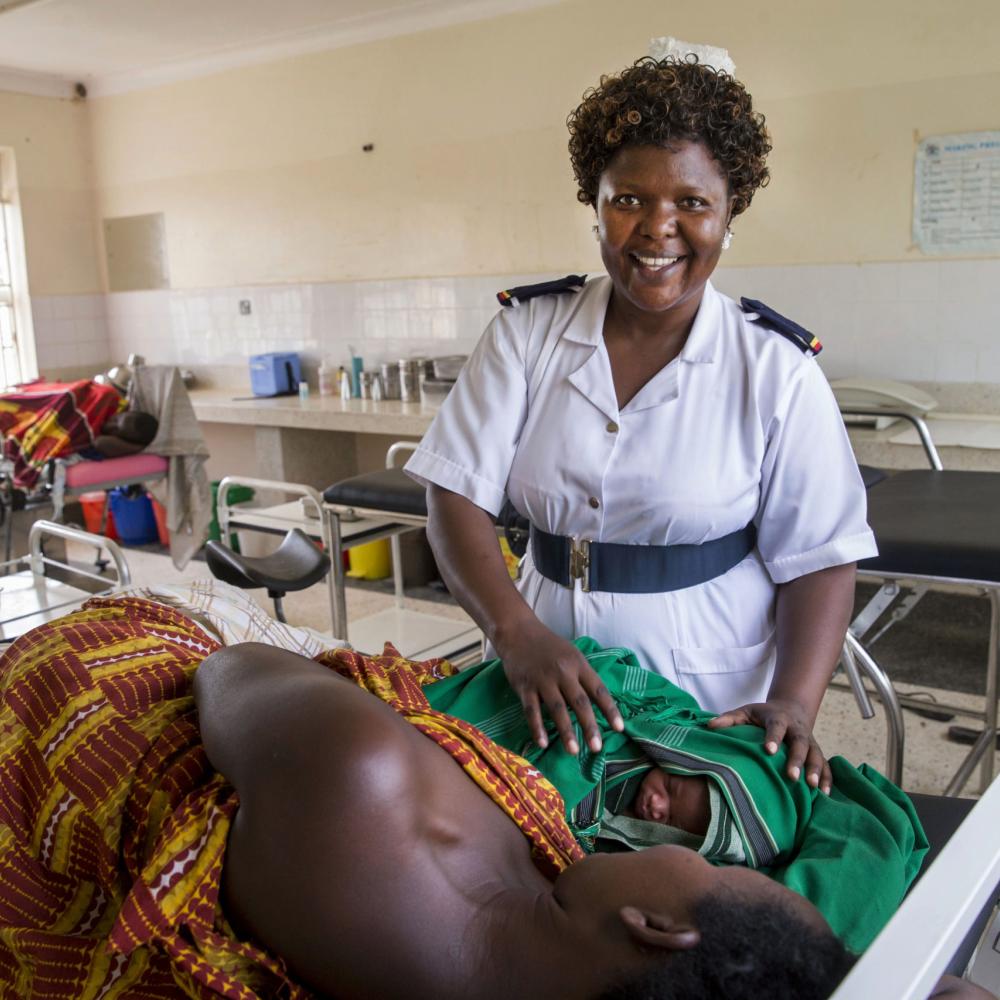
Who we are
The challenge
Saving lives. Advancing communities. Helping women to choose their own futures. None of these goals can be separated from access to effective sexual and reproductive health (SRH) products.
But every day, 810 women die from pregnancy, childbirth, and unsafe abortions.
This is all completely preventable. Because when women can access SRH products easily, it reduces unintended pregnancies, unsafe abortions, and maternal deaths. It puts choice, freedom, and dignity back into people’s hands.
Yet millions worldwide struggle to access suitable, affordable, and quality SRH products due to market weaknesses, including:
- Pricing that’s out of reach to many.
- Limited insight into people’s needs, making it hard to design the right products and programs.
- Challenges with grasping the big picture in both public and private markets.
- Financing that’s insufficient and unpredictable.
- Obstacles to securing a reliable supply of quality products.
- Underperformance of supply chain systems and regulatory markets.
- Protracted launches and slow uptake of new SRH products.

Transforming SRH markets
Challenges in sexual reproductive health (SRH) markets have grave consequences, including death, sickness, maternal injury, gender inequality, poverty, and young girls being robbed of their youths. A new model of sexual reproductive health is needed—one that promptly delivers SRH products to those in need.

A new model of engagement
A new model of sexual reproductive health is needed—one that promptly delivers SRH products to those in need. That is why SEMA is partnering with countries, global stakeholders, and local entrepreneurs to make that change happen. Women’s futures can’t wait—the time for action is now.
Our history
SEMA came into existence when a team of leaders across the world realized the urgent need to transform sexual and reproductive health markets. They consulted with more than 100 stakeholders worldwide to create an organization that could bring a revolution in SRH.
Shaping Equitable Market Access for Reproductive Health (SEMA) was announced in July 2021 during the Generation Equality Forum in France and is currently incubated within Amref Health Africa.
SEMA is working to improve country and product SRH markets by playing three interlinked roles:
- Driving coordinated action to solve SRH market problems.
- Financing interventions to overcome market challenges and problems.
- Laying the foundations for more effective and sustainable markets in the future.
How did we start? By listening to our partners, then drawing upon their expertise to design a new approach to market shaping, as follows:
- Putting people first—we listen to what people want, build what they need, and share what they’ve told us with others. This way, we can guide the design of products and programs that actually work for individuals.
- Being fully responsive—different countries have different needs. That’s why we have staff based in the key countries we support, plus national leaders and experts in our governance teams.
- Connecting country stakeholders to market expertise—this way, we strengthen market stewardship and improve market outcomes.
- Investing in local ecosystems—by doing so, we make them stronger and more sustainable.
- Pooling donor funding—this way, we can create change by funneling funding into solving priority problems.
- Caring about the whole market economy—not just donor-funded markets but public and private ones too. We understand that these all must work together effectively to create real and lasting change.
- Finding cross-product solutions—while sometimes we focus on specific crucial products, our overall focus is funding market solutions that benefit the full range of SRH care in an interlinked way.











